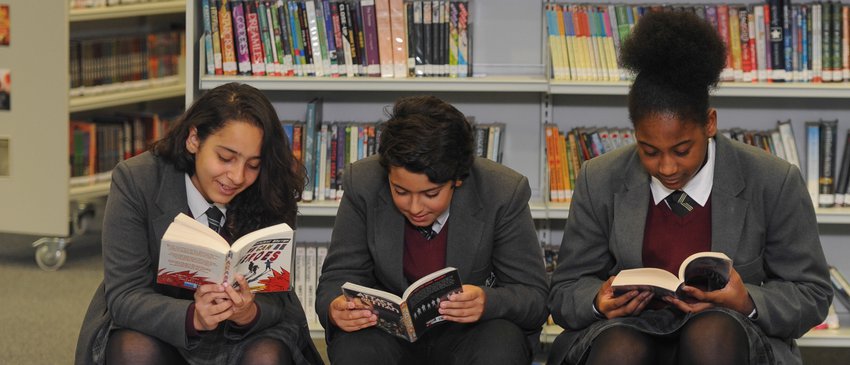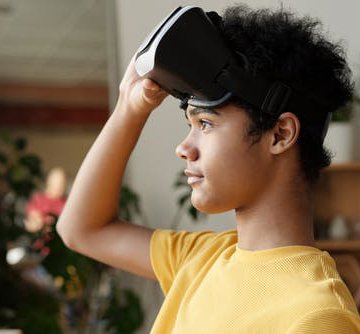COVID-19 and literacy: Secondary schools

Learning loss in secondary schools
Teachers, librarians and families made extraordinary efforts to support young people's learning while schools closed during the COVID-19 pandemic. However, these closures exposed the greater number of challenges faced by young people from lower income backgrounds.
In 2020 and 2021, GCSE examinations were cancelled, and students were instead graded based on teacher assessments. In 2022, examinations were resumed.
More content
-
GCSEs
Grades in 2022 were lower than in 2020 and 2021, when they were decided through teacher assessment, but higher than in 2019. In England, there were clear regional differences. For example, in London, 32.6% of papers were marked at grades 7/A and above, but in Yorkshire and the Humber just 22.4% of papers achieved this grade.
-
Reading
Commercial reading assessments conducted during the pandemic found that, by Autumn 2021, secondary pupils from non-disadvantaged backgrounds were 2.0 months behind expectations in reading, while pupils from disadvantaged backgrounds were 3.5 months behind expectations (RL & EPI, 2022).
-
Writing
Across the board, daily writing levels recovered somewhat between 2020 and 2021, having declined in 2020. However, the increase in daily writing was more pronounced in those attending secondary school (aged 11 +) compared with those attending primary schools. Read more.
How we can help
-
Access all of our resources for early years, primary and secondary schools.Learn more about Resources.
-
Highly engaging and evaluated programmes to improve reading, writing, speaking and listening skills in the UK's most disadvantaged communities.Learn more about Programmes.
-
Evidence-based CPD and inspiring conferences to help you evaluate, plan and take action to improve literacy outcomes in your setting.Learn more about CPD training and workshops.
Further support for schools
-
Become a National Literacy Trust member school. Discover inspiring teaching resources, school improvement tools and CPD to support literacy throughout your school or setting.Learn more about Join us.
-
Words for Work is the National Literacy Trust’s flagship communication and aspirations programme.Learn more about Words for Work.
-
Scaffolded and supportive literacy programmes designed for excluded students and those at risk of exclusion in mainstream and alternative provision settingsLearn more about Inclusion and Alternative Provision.

Support for young people
Our sister site Zone In provides tips on boosting reading, writing, speaking and listening skills for young adults.





